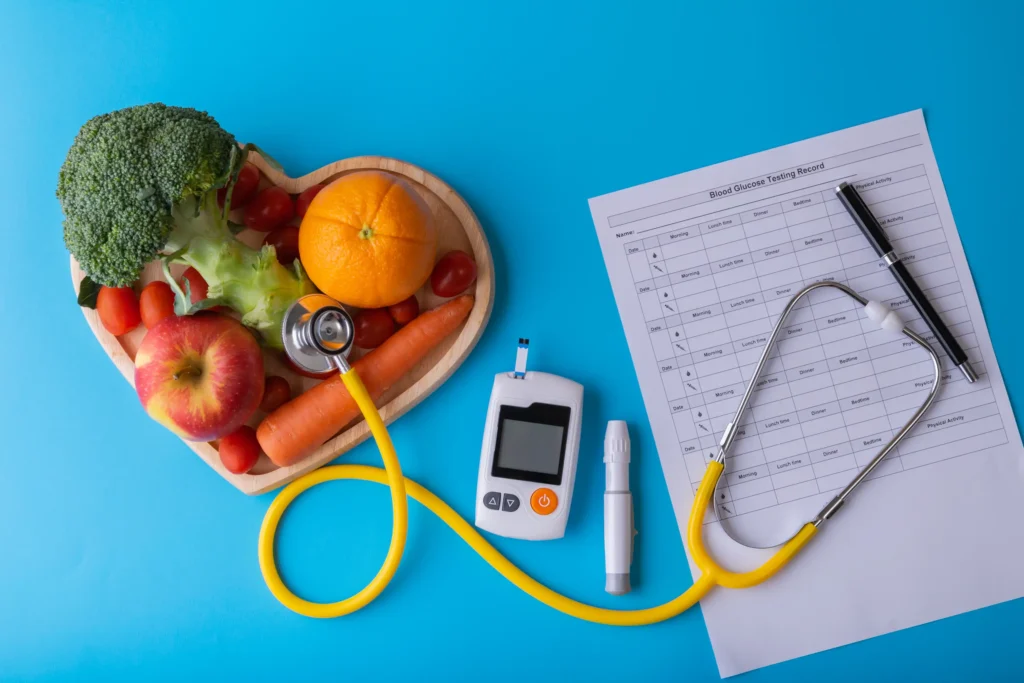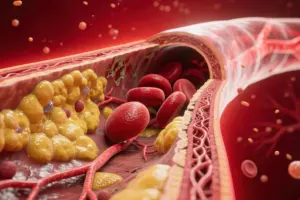
Living with diabetes can be challenging. But did you know your cholesterol monitoring is critical? Many people focus on blood sugar, forgetting their cholesterol. It’s a vital part of your overall health, especially when you have diabetes. In this guide, you can learn everything about why diabetes and cholesterol are connected.
First, what is cholesterol?
Cholesterol is a fatty substance that your body needs to build cells and produce hormones. It travels in your blood, carried by proteins called lipoproteins. There are mainly two types of cholesterol levels that you need to know, which include low-density lipoprotein, often called bad cholesterol, and high-density lipoprotein, also known as good cholesterol. Your total cholesterol level includes both LDL and HDL, as well as triglycerides, another type of fat that is found in your blood.
Also Read | Healthy habits delay diabetes better than medication, research shows
How are diabetes and cholesterol linked?
When you have diabetes, especially type 2, your body either doesn’t make enough insulin or doesn’t use it properly. This generally leads to high blood sugar levels. But here is the thing: high blood sugar can also affect how your body handles fats like cholesterol and triglycerides. When you have diabetes, you also have a condition known as diabetic dyslipidaemia, which means high triglycerides, low good cholesterol, and high levels of small dense LDL. This combination increases the risk of heart disease, which is already a major concern for people with diabetes.

Why should you monitor both diabetes and cholesterol together?
Having high blood sugar or high cholesterol alone is dangerous. But having both? That can be dangerous. The risk of heart attack, stroke, and other cardiovascular problems truly goes up sharply when both are out of control. Monitoring both indicates that you are proactive about your health, taking no chances.
Poor blood sugar control can lead to unhealthy cholesterol levels, and high cholesterol can make your diabetes challenging to manage. So, keeping both in check helps you stay balanced and reduces long-term health problems.
High cholesterol and blood sugar don’t always cause symptoms. You can feel completely fine and still have dangerous levels. That’s why regular checkups are so important, even when you feel completely OK.
Also Read | Diabetes drug may ease migraines, even without weight loss
What happens if you ignore either diabetes or cholesterol?
Let’s say you manage your blood sugar but ignore your cholesterol. You might still be at high risk for clogged arteries or heart disease and stroke. And if you manage your cholesterol but ignore blood sugar, you can develop nerve damage, kidney problems, or vision issues. Managing your health is like a team sport, where both cholesterol and blood sugar must be addressed to achieve overall well-being.
Therefore, it is crucial to understand that managing diabetes involves much more than simply monitoring your blood sugar levels. Cholesterol plays a very important role in your health. When both are off balance, the risk of heart problems goes up. But when you take care of yourself, you give yourself the best chance at a longer, healthier life.








